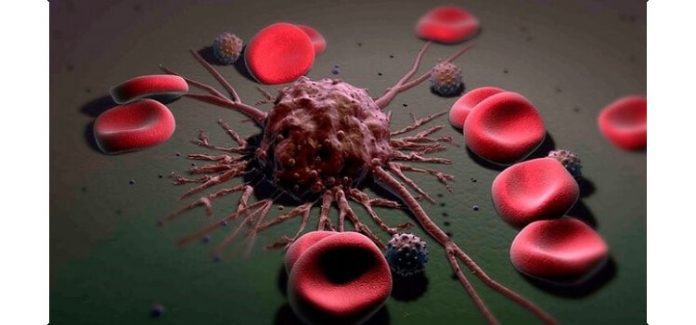Cancer cells can become immune to drugs due to the activity of the estrogen receptor α (ERα), Cell reported referring to the US scientists.
In the cell nucleus, ERα regulates the conversion of DNA to messenger RNA (mRNA) during transcription, MedicalXpress reports. However, the estrogen receptor is also involved in the further process, binding with mRNA on its way from the nucleus to the cytoplasm.
Researchers have found that ERα binds to messenger RNAs that are involved in cancer progression. Some of these mRNAs prevent the cell from self-destruction if it has accumulated too many harmful mutations. Other molecules help cells to survive in conditions of lack of oxygen or nutrients.
Hormone therapy, such as tamoxifen, blocks ERα transcriptional activity in the nucleus of a cancer cell. Although treatment is initially effective in controlling the disease for most patients with ERα-positive breast cancer, a significant number of patients develop drug resistance.
The authors of the study analyzed cancer cells from 14 patients diagnosed with ERα-positive breast cancer and found that the patients had elevated levels of mRNA, which serves as a target for ERα. Inhibition of RNA binding activity to ERα restored the efficacy of tamoxifen in mice with tumors. It also made cells more susceptible to stress and apoptosis.
More research is needed to fully understand how ERα controls RNA in the cellular cytoplasm, the scientists said. These mechanisms may underlie the work of new anti-cancer drugs that fight incurable tumors.

